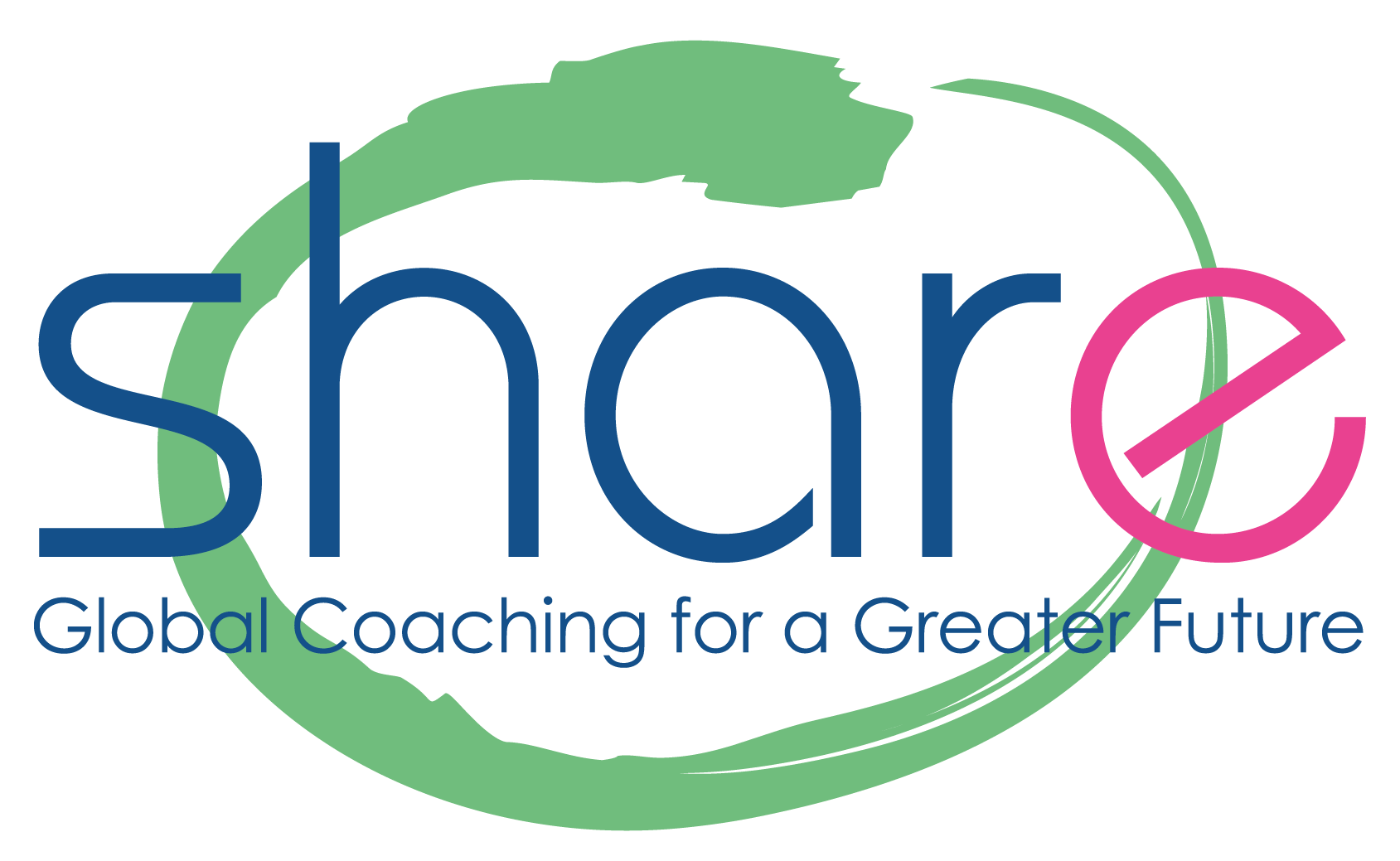Carla thinks she only has one choice…
Carla has been working for the same company for 15 years. She has always held interesting positions, but over the last year she has found her work boring. She complains that her company is no longer dynamic, that it is plagued with organizational contradictions, that her boss blocks projects. Everything seems to be falling apart and Carla is eager for change: she would like to find another company, another boss and maybe another kind of work.
She is also convinced that nowadays one doesn’t work forever for the same company; she says that “change is necessary and that it is advisable to gain professional experience in different enterprises”.
Although wanting to forge ahead is a natural desire for curious and enterprising people, sometimes this desire comes from an unwritten law claiming that after 3-5 years one must move on, rather than from a deep personal conviction. How can we see the difference between the influence of the environment and a deep personal certainty? How do we know whether the desire for change stems from a natural aspiration to improve our conditions rather than from an outside influence or the impact of social conventions?
Be open to multiple choices
After listening to Carla’s grievances, I asked her: “Would you agree to explore what you really want to do in the future, knowing that you are free to leave at any time?” I stressed the fact that, once the coaching was over, she would probably look for a job in another company.
Carla agreed with me and told me that she felt relieved when she thought of leaving the company, and as a result, after some time things in her work seemed to be improving.
Nonetheless she continued to explore the possibility of looking for another job. She finally came to me and said: “I have decided to stay. The fact that I could decide to leave made me realize that I was free. This feeling of being free enabled me to let go of the negative elements in my job. I was therefore more relaxed and things began to improve. I finally went to see my boss and told him that I wanted to stay provided I had the possibility to evolve.
Our exchange of views generated clear ideas on the kind of work I was looking for and I managed to be both coherent and convincing. Consequently, my boss suggested that I wait two months since a suitable position would be vacant by then”.
The end result: a TRUE choice!
But then, does that mean that the upshot of coaching is immobility? What happens?
The outcome is very simple and at the same time very complex. When Carla came to see me, she felt that she did not have the freedom to choose: i.e. she “had to leave” since she no longer liked her job and besides, according to social imperatives, she was convinced that she had spent too much time in the same company. She felt she was trapped in that particular situation and that only ONE solution was possible.
My job consisted in leading her towards total freedom. By examining a wide professional horizon she could explore all kinds of possibilities. This broader horizon made Carla feel free; she no longer had one SINGLE way out. She realized that she had NUMEROUS possibilities and that success depended on her making a choice. She therefore succeeded in considering her present circumstances with more equanimity. This change in perspective enabled her to move from a complaining and rebellious mood to a more positive attitude. In short, she took charge of her own life and shifted from a passive to an active mode. In fact, complaining is a form of inaction because as long as we complain, things don’t budge.
Extend the choice paradox to other fields
Only when we have a choice do we understand that we react impulsively to certain circumstances, instead of thoroughly analyzing them so as to take the appropriate decision.
The choice paradox applies to all the fields of our lives whenever we complain about a particular state of affairs. By making a REAL choice we recognize that the present circumstances are best for us. We move from a reactive position to an active position. Our perception of the situation evolves as it did with Carla, who changed her outlook on her job.
Which are the signs that tell us that we feel “blocked” within a single choice?
• We complain constantly
• We feel dissatisfied
• We think there is no possible solution
• And/or we are passive= we do absolutely nothing to change the situation
What should we do in such a situation?
1. Become aware of our complaining and passive behavior by checking the signs mentioned above. This is an important step forward!
2. Step back and, if necessary, discuss the problem with someone else.
3. Examine the situation and its alternatives MATTER-OF-FACTLY.
4. CAREFULLY weigh the pros and cons of each possibility
5. Take the decision that seems most appropriate to our situation
This course of action may seem easy, but, honestly, isn’t it easier to complain than to take charge of our own lives?
I therefore invite you to change, as of today, a situation that doesn’t suit you and adopt a more dynamic course of action.
Off to work!



